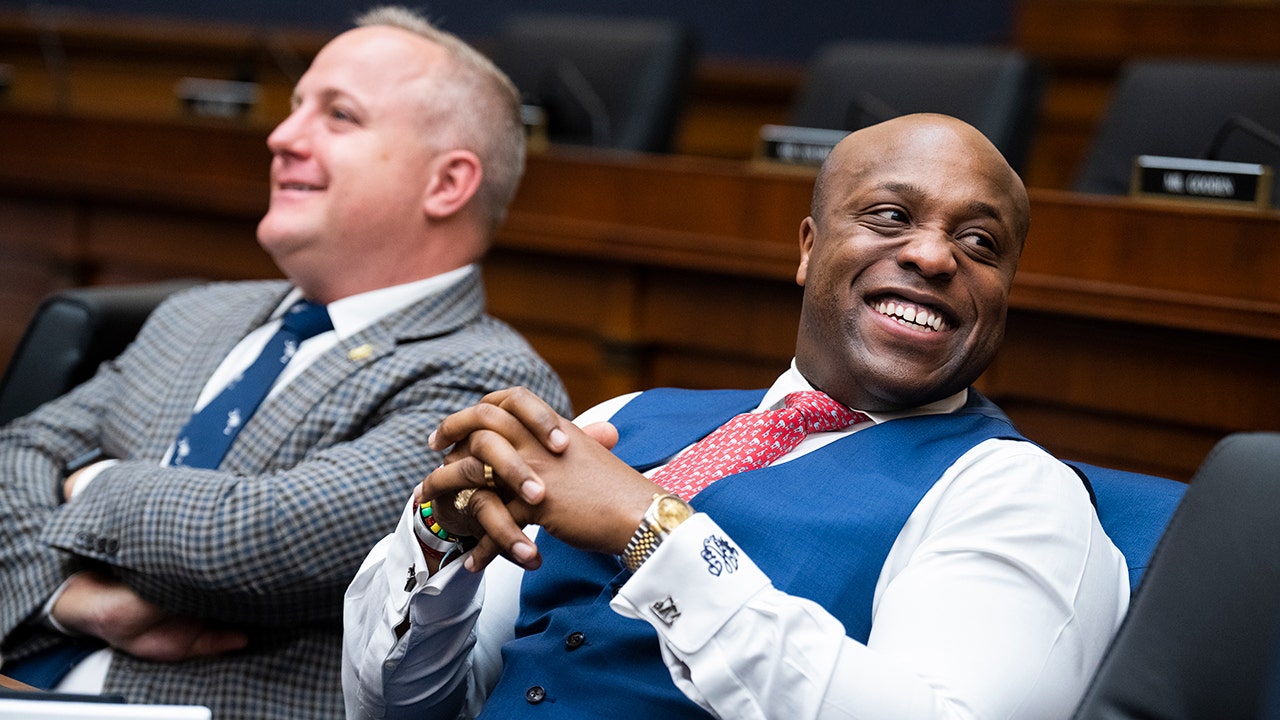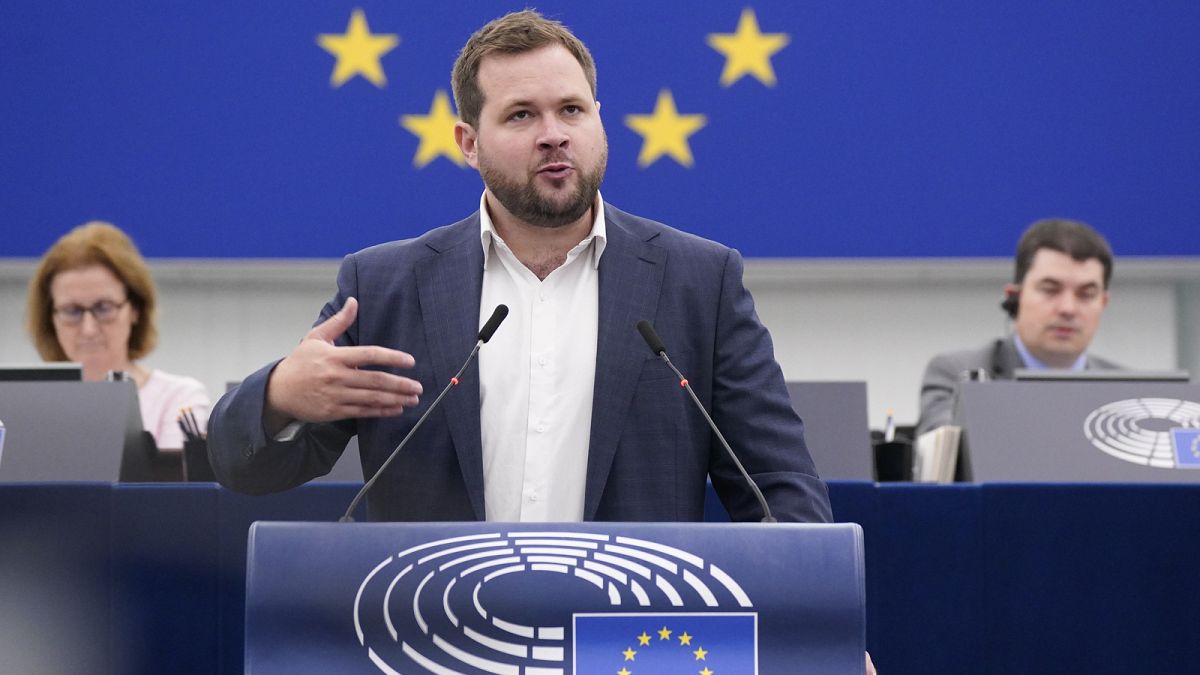US inflation fell to 3.4 per cent in April, in line with economists’ expectations, prompting investors to increase their bets on Federal Reserve interest rate cuts this year.
The consumer price data released by the US labour department on Wednesday compared with a 3.5 per cent annual rise in consumer prices in March.
Before the report, traders had bet on between one and two rate cuts this year, starting in November. But in its immediate aftermath, they priced in two full cuts by December, according to Bloomberg data.
US bond yields dipped and stock futures also rose after the data release.
The two-year Treasury yield, which moves with interest rate expectations, dropped to 4.71 per cent, its lowest level since early April.
The figures come a day after Fed chair Jay Powell warned the central bank may have to maintain high interest rates for longer as it struggles to tame persistent inflation.
With less than six months to go before the US election, high inflation has hit President Joe Biden’s poll ratings on the economy.
According to Wednesday’s figures, core consumer prices — which strip out volatile food and energy costs — rose by 3.6 per cent last month compared with last year. On a monthly basis, the core consumer price index rose by 0.3 per cent in April, compared with 0.4 per cent in March.
This is a developing story.






























